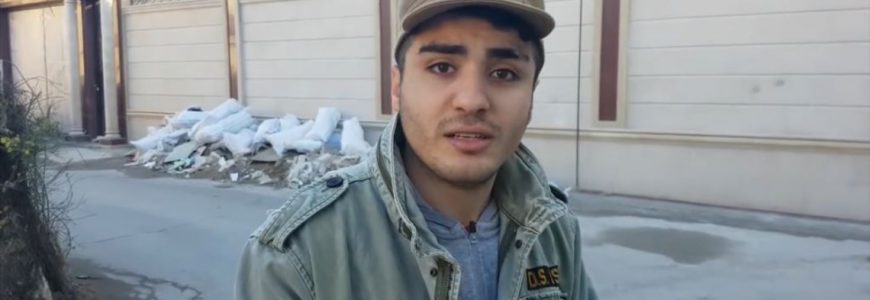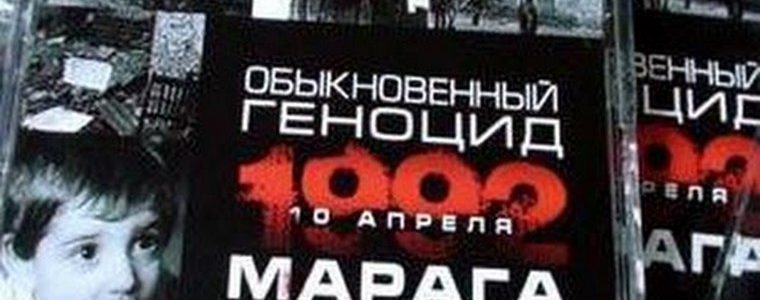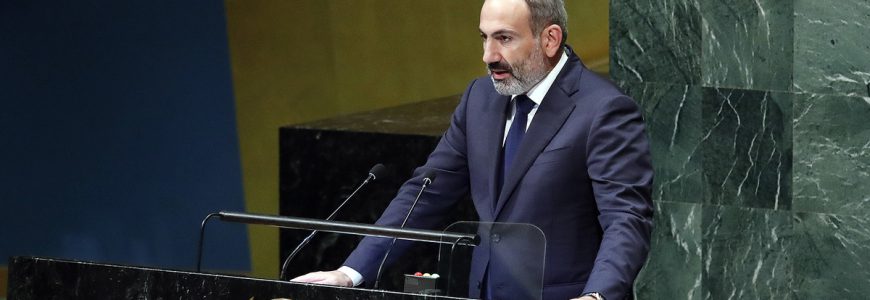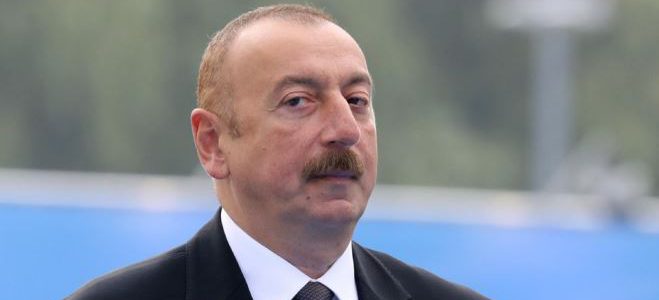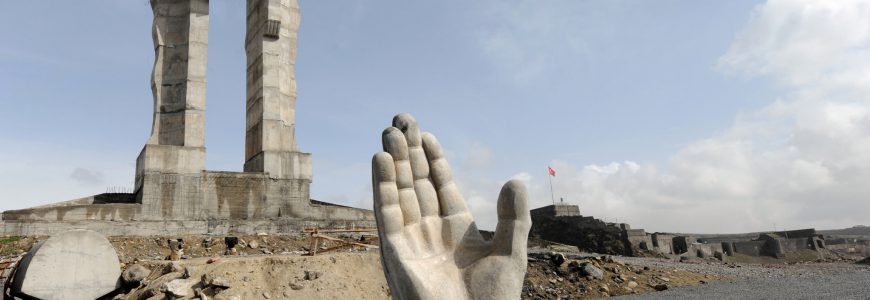Today’s European Court of Human Rights (ECHR) judgment in favour of an Azerbaijani journalist who faced a sex-tape smear campaign after investigating government corruption exposes the ongoing crackdown on freedom of expression in the country, Amnesty International said.
Read more “European Court ruling provides some justice for journalist who faced sex tape ordeal”

